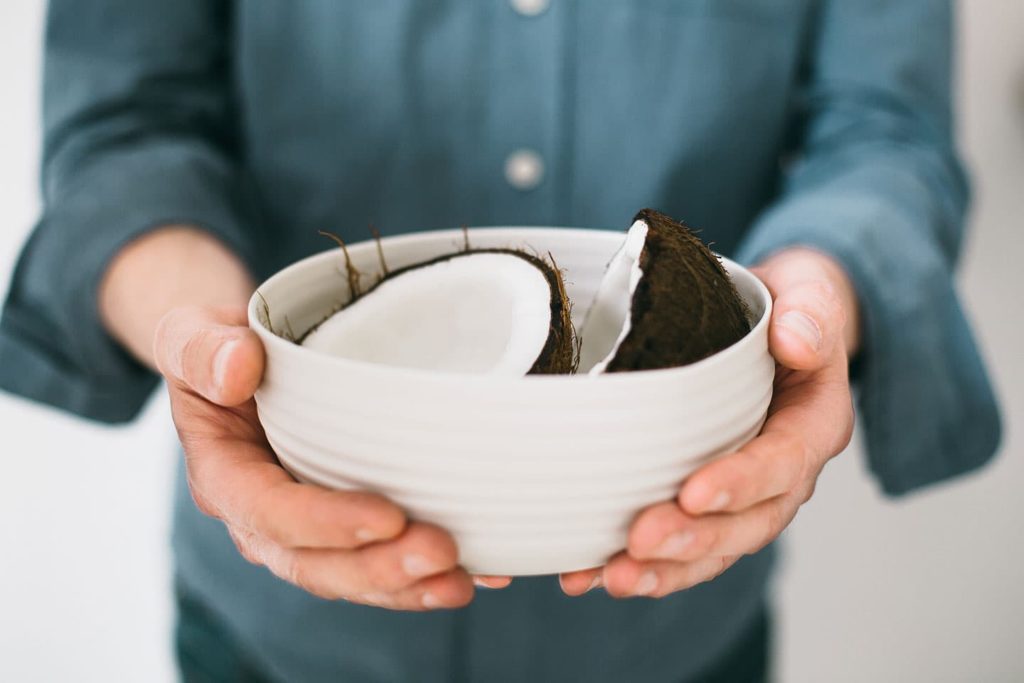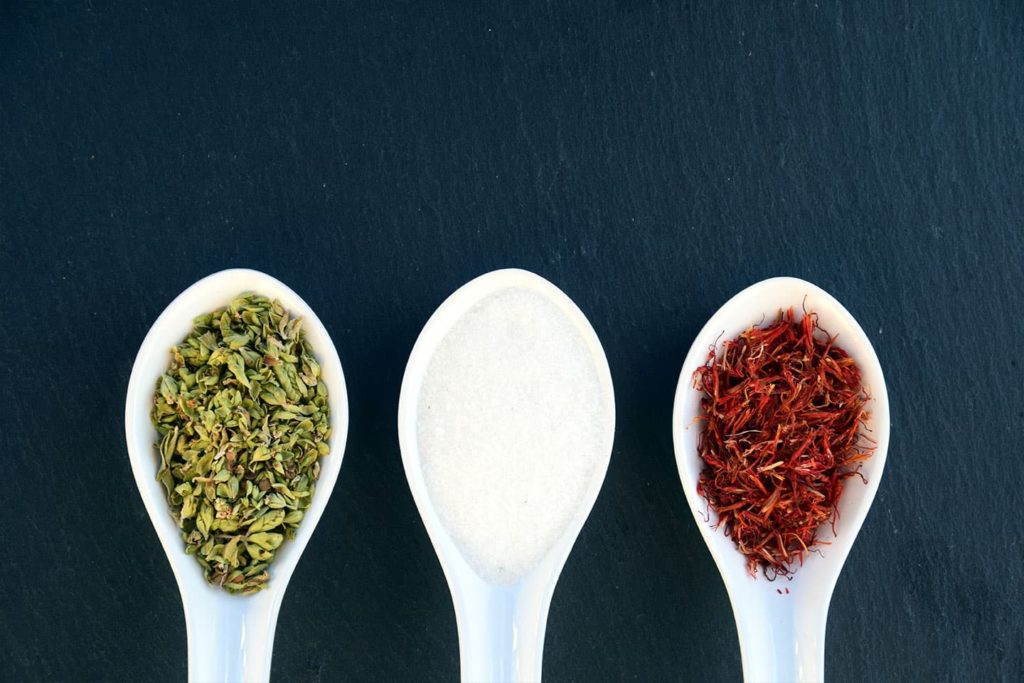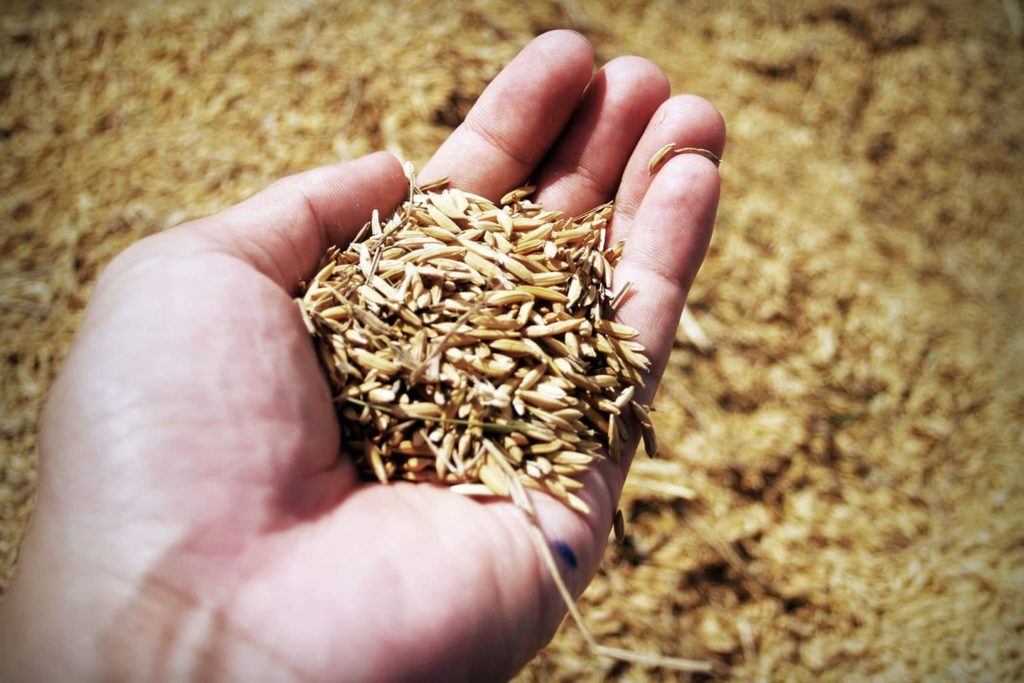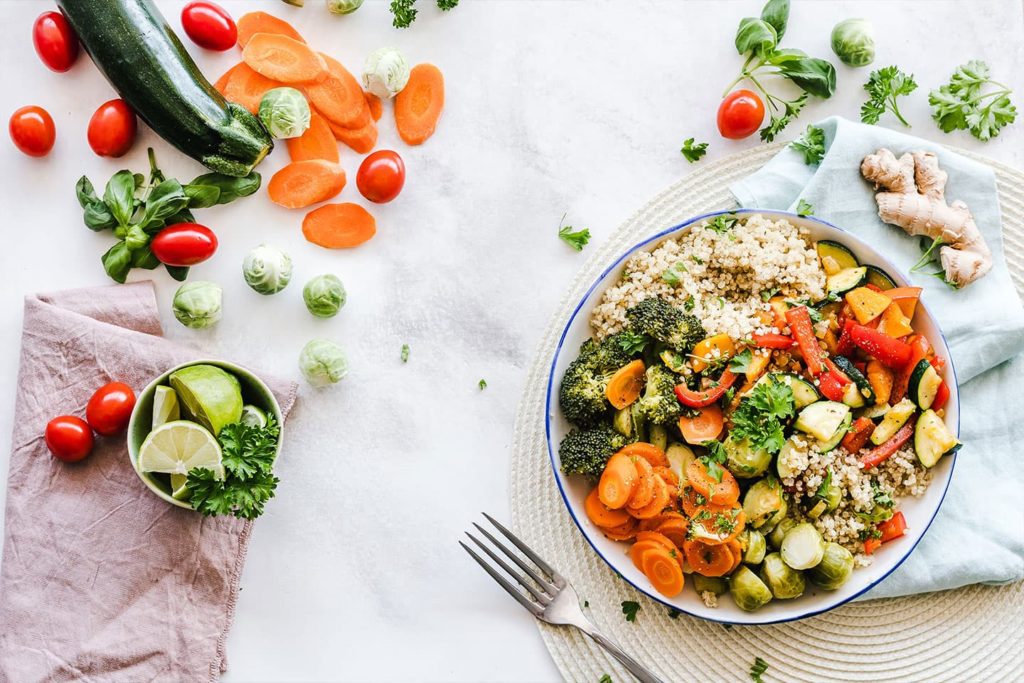An Expert’s Take on Dealing with Gas
Out of the many gut-related issues patients have discussed with me over the years, problems with excess air and gas resulting in bloating, a sensation of fullness in your abdomen, are the most common by a long shot.
Just to make it really clear, EVERYONE produces gas — anywhere from 1-4 pints daily and passes it about 14 times a day — and it can build up in your gastrointestinal tract.
But how does this common issue go from an occasional embarrassment to a more serious health issue?
The GI tract
There’s a number of reasons why patients may have problems, and some may have more to do with the upper digestive tract and swallowing too much air, creating belching or bloating. In fact, this extra air may never reach the stomach or lower GI tract at all.
Much of it builds up in the esophagus, especially if patients are overdoing it on certain foods or they smoke, chew gum or drink and eat too fast.
Because most of these causes are obvious signs of the body reacting badly to a more stressful go-go-GO! lifestyle, we’ve got some simple solutions that could help.
More symptoms
Some signs that extra air and gas may be a real problem, however, are when patients begin experiencing symptoms of acid reflux (the backward flow of stomach acid to the esophagus), gastroesophageal reflux disease (GERD), a more severe form of acid reflux in which frequent heartburn is common, or an H. pylori infection in the stomach.
(Most people assume GERD and acid reflux are the same thing, but medical experts see them as slightly different health problems, according to the Mayo Clinic.)
And, for patients who have experienced a dramatic change in weight loss or gains, a hernia, any abdominal surgery or changes in the frequency or color of their stools (or see blood in them), you should visit your family physician for more guidance.
Minor challenges, easy solutions
Fortunately, the large majority of our symptoms will be minor inconveniences or embarrassing, at worst, in the moment. Here are some simple ways to treat bloating, belching or excess gas you may want to try first.
- Spend a little more time eating meals or drinking fluids. The more you rush, the more opportunities you have to swallow air that comes back in uncomfortable and embarrassing ways.
- Limit your intake of high-fiber foods (like broccoli, beans and onions) and fatty foods for a short time. After your symptoms lessen, try re-introducing those foods, and pay close attention to which ones give you trouble.
- Reduce your intake of carbonated drinks and foods that use sugar alcohol substitutes like sorbitol. Consuming fizzy drinks or chewing gum sweetened by sorbitol or xylitol just adds to your gas problems.
- Are you doing any exercise? Think about taking a short walk after your meals.
- Consider taking a probiotic. A healthy solution like EndoMune Advanced Probiotic — containing multiple species of beneficial bacteria — is a good way to restore the healthy balance of bacteria in your gut.
Taking a probiotic is important considering carbohydrates can be poorly absorbed by the gut, creating imbalances in your gut bacteria.
Also, multi-strain probiotics like EndoMune offer the extra benefit of treating constipation, another way food waste gets trapped in the colon and creates opportunities for excess gas to escape when you least expect it.
An Expert’s Take on Dealing with Gas Read More »









